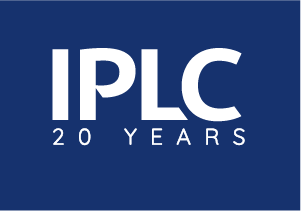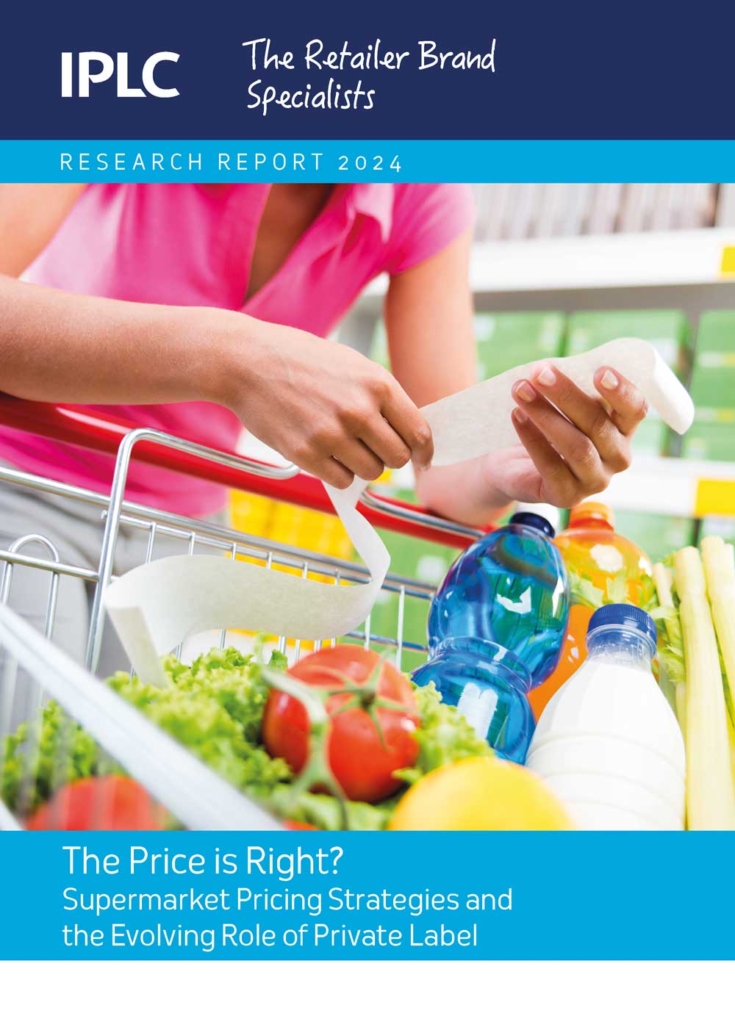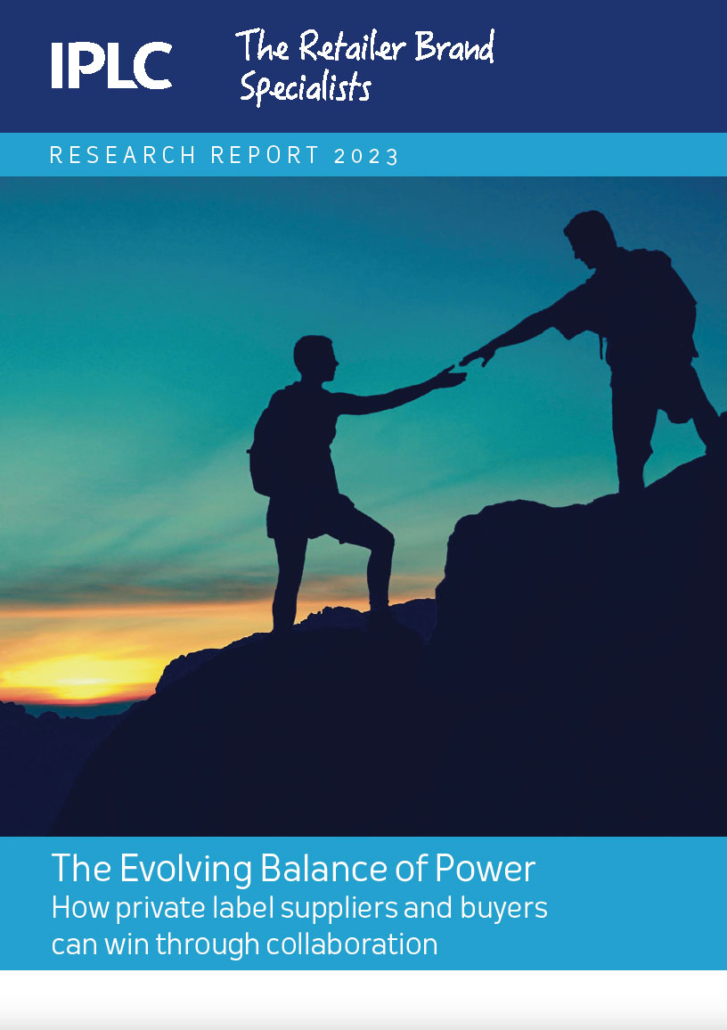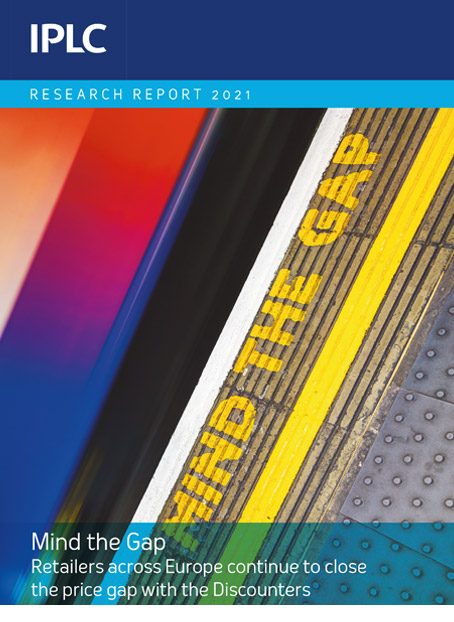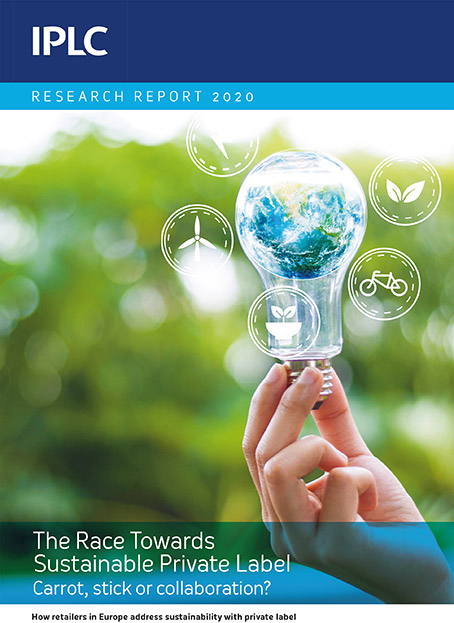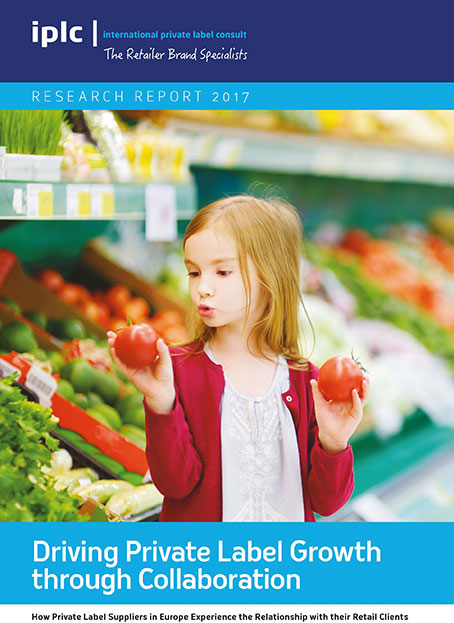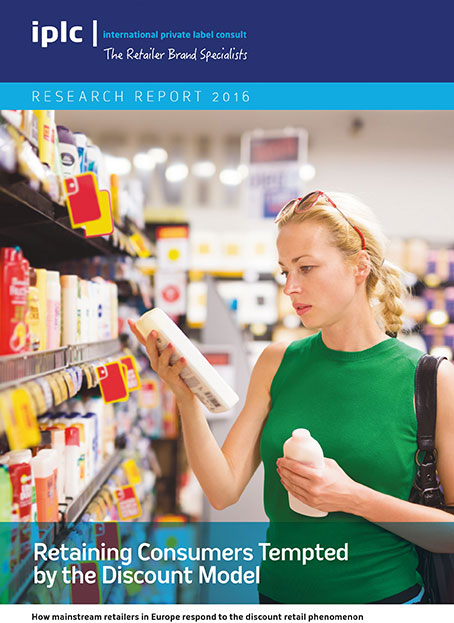Year of publishing 2024
The Price is Right?
The last few years have been nothing but tumultuous for us all affecting everyone one way or another.
The FMCG industry has had to adapt quickly to cost and availability pressures, and we have seen some seismic changes in shopper demands and behaviour in response to the high levels of inflation, partially caused by the dramatic increase in the price of food and drink. Most notably, in the European supermarket space, we have seen many consumers trading down. They have switched to discounters in many countries and are spending more of their wallet on private label at the expense of the traditional brands.
Now is the time for us to investigate some burning questions.
